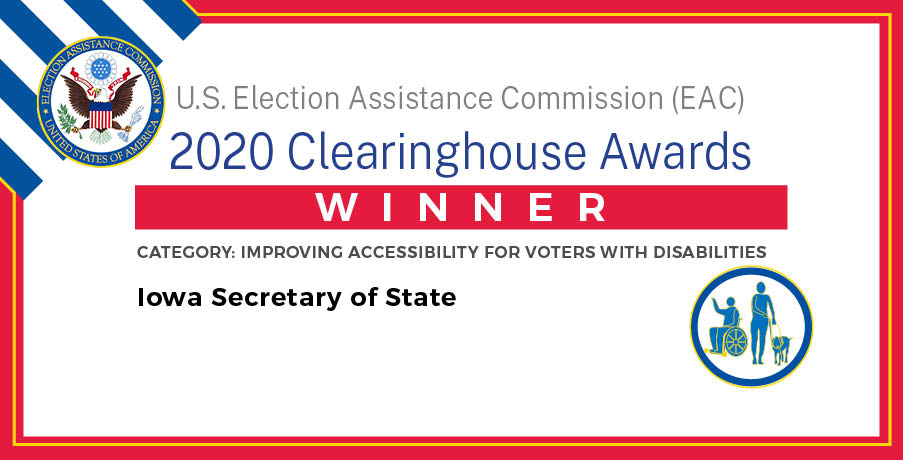Unexpected Defeat: Abu Jinapor's Assessment Of The NPP's 2024 Performance

Table of Contents
Jinapor's Critique of the NPP's Campaign Strategy
A likely focal point of Jinapor's post-election review would be the NPP's campaign strategy. Did the party effectively connect with Ghanaian voters? Several weaknesses could be identified. Keywords: NPP Campaign Strategy, Election Campaign, Political Messaging, Voter Outreach, Campaign Effectiveness.
- Lack of effective communication with key demographics: Jinapor might have pointed to a failure to tailor messaging to resonate with specific voter groups, particularly youth and rural populations. Did the campaign resonate with the concerns of these key demographics? A disconnect here could be a significant contributing factor to the loss.
- Insufficient ground game in crucial constituencies: A strong ground game is vital for electoral success. Jinapor’s assessment might highlight insufficient mobilization efforts and inadequate canvassing in constituencies where the NPP needed stronger support. Did the party effectively engage with voters on a local level?
- Ineffective response to opposition's campaign strategies: The opposition likely employed successful strategies. Jinapor’s analysis might criticize the NPP's failure to counter these effectively. Did the NPP adequately address and counter the opposition's narratives?
- Weaknesses in digital campaign outreach: In today's digital age, a strong online presence is crucial. Jinapor's analysis may have highlighted missed opportunities for digital campaigning, and shortcomings in using social media and online platforms to reach voters.
Economic Policies and their Impact on the Election Result
Ghana's economic climate leading up to the 2024 elections significantly influenced voter sentiment. Jinapor's likely assessment would incorporate the impact of the NPP's economic policies on the election outcome. Keywords: Ghanaian Economy, Economic Policies, Inflation, Cost of Living, Economic Performance, Voter Sentiment.
- Impact of inflation and cost of living on voter choices: Soaring inflation and a high cost of living directly impact voters' daily lives. Jinapor’s analysis would likely acknowledge the significant influence of these economic factors on voting decisions. Did the NPP effectively address concerns about the cost of living?
- Effectiveness (or lack thereof) of government economic interventions: The government implemented several economic measures. Jinapor's assessment might evaluate their success in alleviating economic hardship and their impact on public perception.
- Public perception of economic management under the NPP: Public perception is paramount. Jinapor’s likely analysis would consider the public's assessment of the NPP's economic management, which may have contributed to their electoral defeat.
Internal Party Dynamics and Their Role in the Defeat
Internal party cohesion is crucial for electoral success. Jinapor's assessment might analyze potential internal factors that undermined the NPP’s campaign. Keywords: Internal Party Politics, NPP Politics, Political Divisions, Party Unity, Leadership Challenges.
- Factionalism within the NPP: Internal divisions and factionalism can weaken a party's campaign. Jinapor's analysis might explore whether such divisions existed and hindered the party’s ability to present a united front.
- Internal disagreements on key policy decisions: Disagreements on policy can create confusion and undermine the party's message. Jinapor’s assessment might highlight the potential impact of internal policy debates on the election outcome.
- Impact of leadership challenges (if any): Leadership disputes or challenges within the party could negatively affect its campaign and organizational strength.
The Opposition's Role in the NPP's Defeat
The opposition's campaign strategy undoubtedly played a role in the NPP's defeat. Jinapor’s analysis would likely examine the opposition's success. Keywords: Opposition Party Strategy, Election Competition, Political Strategy, Campaign Success.
- Effective campaign messaging by the opposition: The opposition might have employed compelling messaging that resonated with voters. Jinapor’s analysis would likely acknowledge the effectiveness of their campaign communication.
- Strategic alliance-building by the opposition: Broader alliances can enhance a party’s electoral reach. Jinapor’s analysis might note any successful alliance-building by the opposition.
- Opposition's success in capitalizing on NPP weaknesses: Successful campaigns often exploit their opponent's weaknesses. Jinapor might assess the opposition's ability to capitalize on the NPP's vulnerabilities.
Conclusion: Understanding the NPP's 2024 Setback – A Look at Jinapor's Insights
In conclusion, a hypothetical analysis by Abu Jinapor of the NPP's 2024 defeat would likely highlight several key factors: flaws in the campaign strategy, the negative impact of economic challenges on voter sentiment, internal divisions within the party, and the opposition's effective campaign. Understanding these factors is crucial for the NPP's future. The 2024 NPP 2024 Election in Ghana serves as a case study in the complexities of election outcomes. We encourage you to share your thoughts on Jinapor’s potential assessment and the reasons behind the unexpected NPP defeat in the comments section below or on social media using #GhanaElectionsAnalysis #AbuJinaporAnalysis.

Featured Posts
-
 Beyond Bmw And Porsche Analyzing Western Automakers Struggles In China
May 03, 2025
Beyond Bmw And Porsche Analyzing Western Automakers Struggles In China
May 03, 2025 -
 Nebraskas Successful Voter Id Campaign A National Clearinghouse Award Winner
May 03, 2025
Nebraskas Successful Voter Id Campaign A National Clearinghouse Award Winner
May 03, 2025 -
 Dog Whistle Or Fog Horn Decoding Rupert Lowes Communication Strategy On X For Reform Uk
May 03, 2025
Dog Whistle Or Fog Horn Decoding Rupert Lowes Communication Strategy On X For Reform Uk
May 03, 2025 -
 The Importance Of Mental Health Literacy Education In Schools And Communities
May 03, 2025
The Importance Of Mental Health Literacy Education In Schools And Communities
May 03, 2025 -
 Photoshop Controversy Christina Aguileras Altered Image Sparks Debate
May 03, 2025
Photoshop Controversy Christina Aguileras Altered Image Sparks Debate
May 03, 2025
